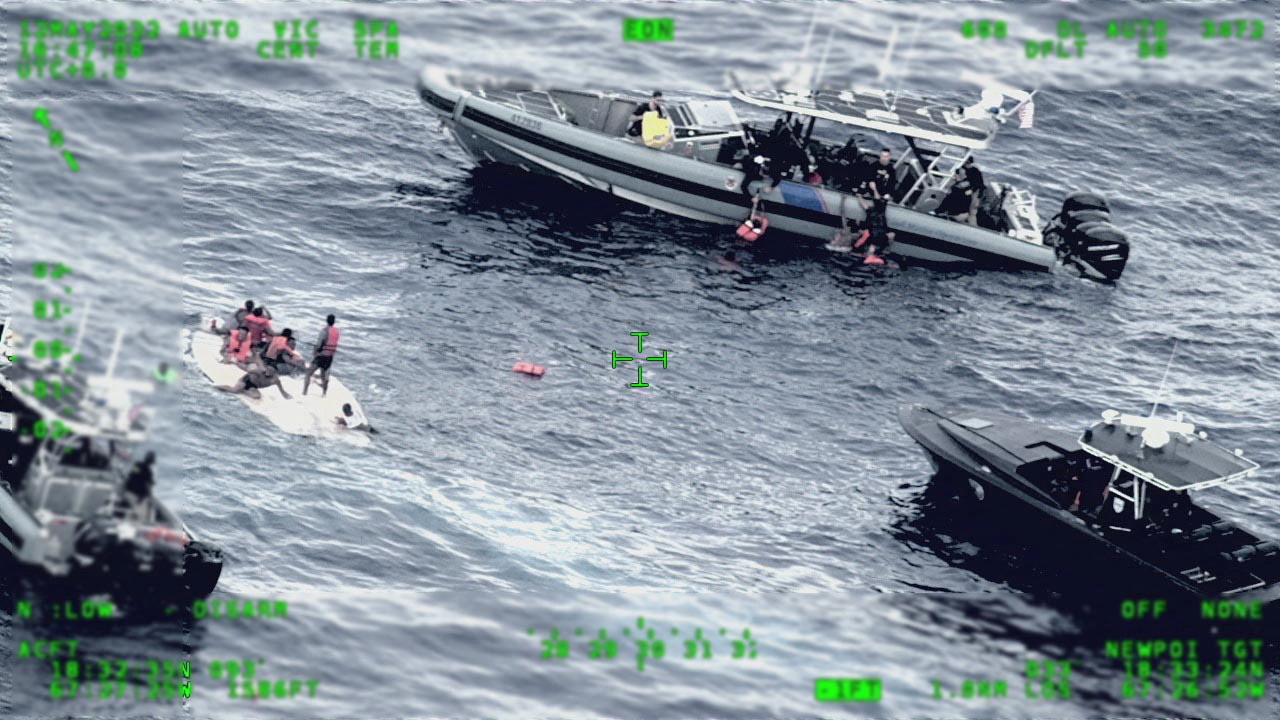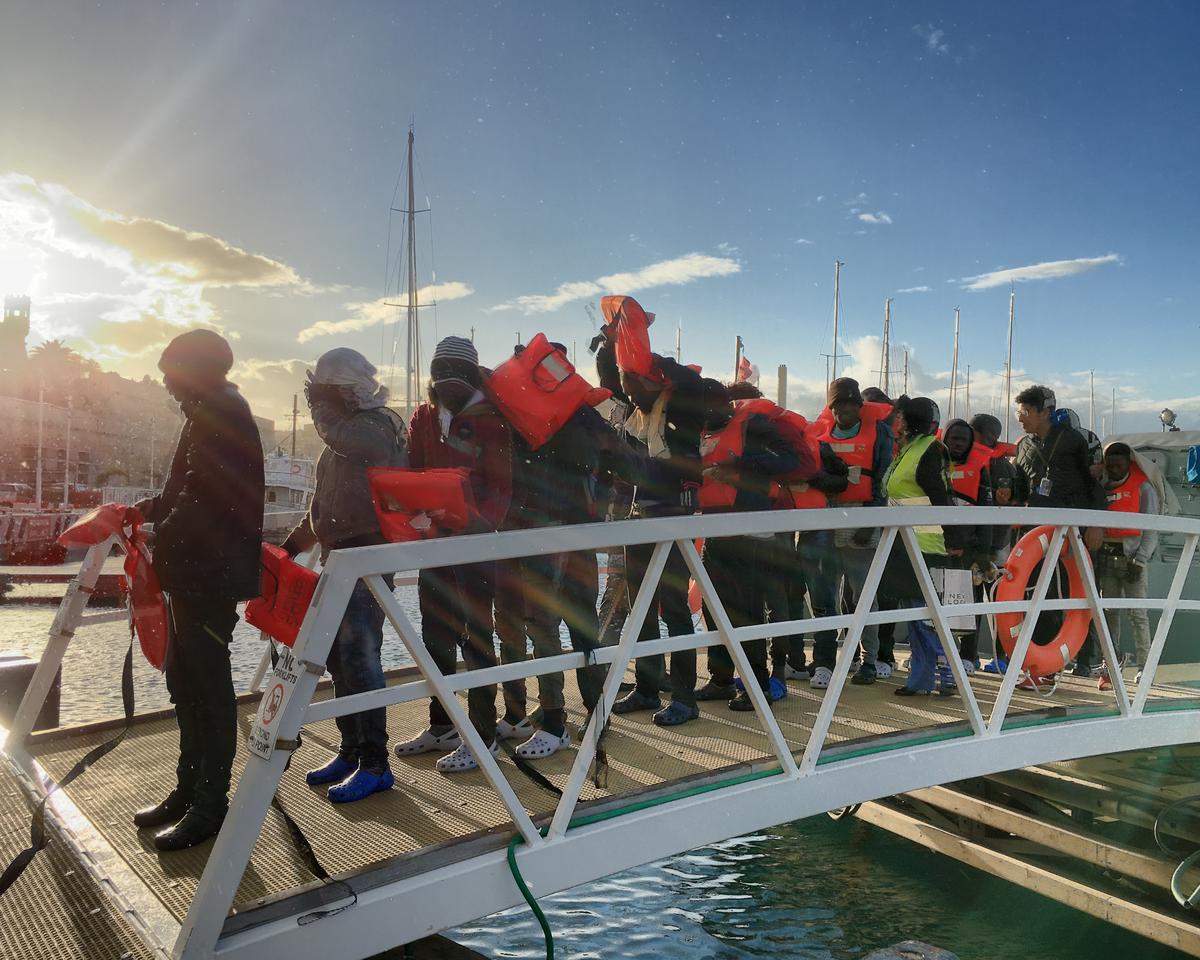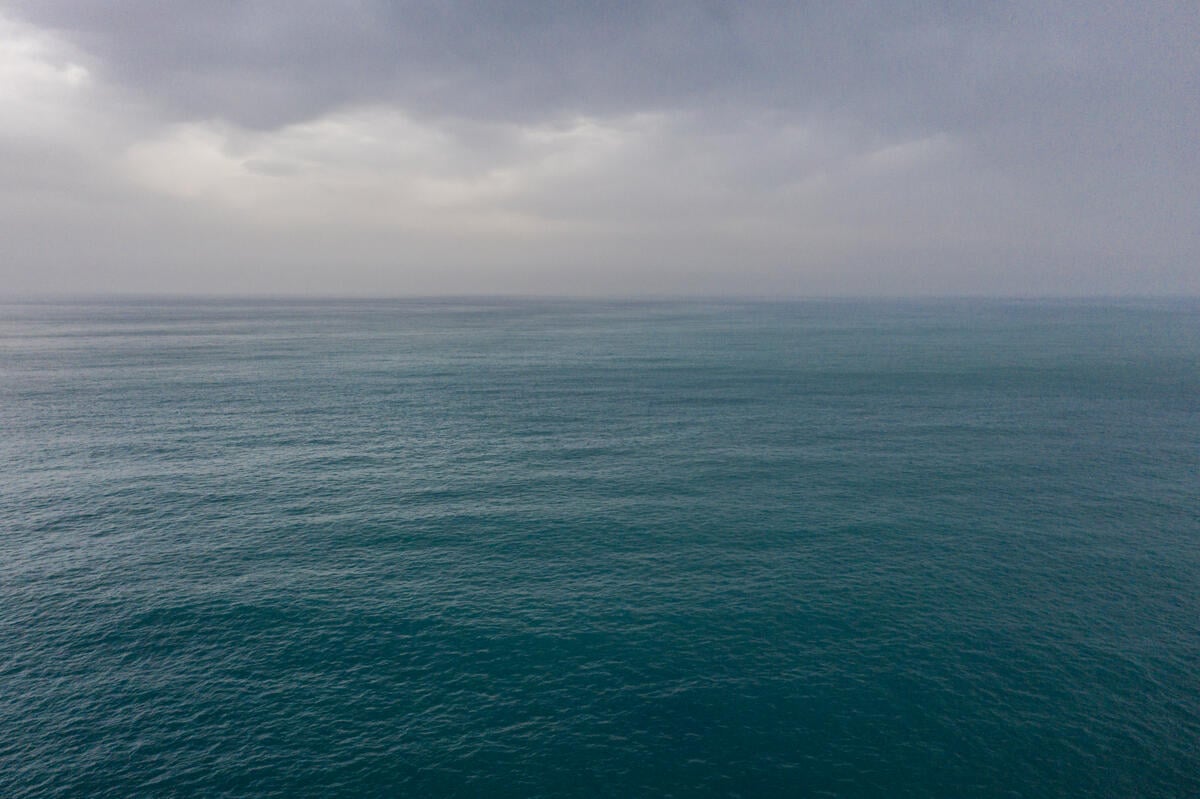UNHCR welcomes Aquarius resolution, but stresses need for more predictable approach to disembarkation
UNHCR welcomes Aquarius resolution, but stresses need for more predictable approach to disembarkation

UNHCR, the UN Refugee Agency applauds yesterday's decision by the Government of Malta to permit the disembarkation of 141 asylum-seekers and migrants rescued on the Central Mediterranean by an NGO boat, the Aquarius. We also commend those European countries who have come forward to offer relocation places for rescued passengers post-disembarkation. This demonstrates the benefits that can be reaped from a collaborative approach.Nonetheless, the situation of the Aquarius and in particular the standoff of the last few days has again highlighted the need for a Mediterranean regional arrangement that provides clarity and predictability on where boats carrying rescued passengers can dock. This is essential if further such situations are to be avoided.
“UNHCR welcomes the end to the deadlock around the Aquarius and the fact that 141 children, women and men are no longer stranded at sea,” said UN High Commissioner for Refugees Filippo Grandi. “But the situation should never have come to this in the first place. It is wrong, dangerous and immoral to keep rescue ships wandering the Mediterranean while governments compete on who can take the least responsibility.”
UNHCR has repeatedly called for a regional approach for dealing with rescue and disembarkation on the Mediterranean, and spelled out proposals for this in a joint Concept Note dated 27th June together with the UN Migration Agency, IOM.
“There is an urgent need to break away from the current run of impasses and ad-hoc boat-by-boat approaches on where to dock rescued passengers,” said Grandi. “Only with clearly identifiable ports of safety will shipmasters feel confident when responding to distress calls that they’ll be able to promptly disembark passengers, and won’t become objects of lengthy negotiations.”
UNHCR meanwhile appeals to shipmasters to continue their efforts in upholding rescue at sea. Without this vital and fundamental cornerstone of the law of the sea, lives will be lost. Although the number of people crossing the Mediterranean is today much smaller than in recent years, the rates of people perishing or going missing remains high. Already this year, more than 1,500 people have drowned or gone missing on the Mediterranean. On the Central Mediterranean route in particular, the rate of lives being lost has increased threefold, and now stands at one death for every 17 people who attempt to cross compared to one in 43 during the same period last year.
For more information on this topic, please contact:
- In Geneva, Charlie Yaxley, [email protected], +41 795 808 702
- In Geneva, William Spindler, [email protected], +41 22 739 8956
- In Rome, Carlotta Sami, [email protected], +39 06 802 123 16
- In Madrid, Maria Jesus Vega, [email protected], +34 670 661 263
- In Athens, Leo Dobbs, [email protected], +30 694 866 8989
- In Tripoli, Paula Barrachina, [email protected], + 216 20 697 641






